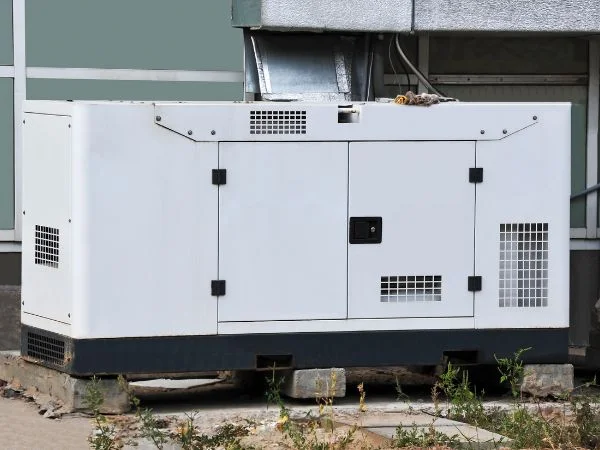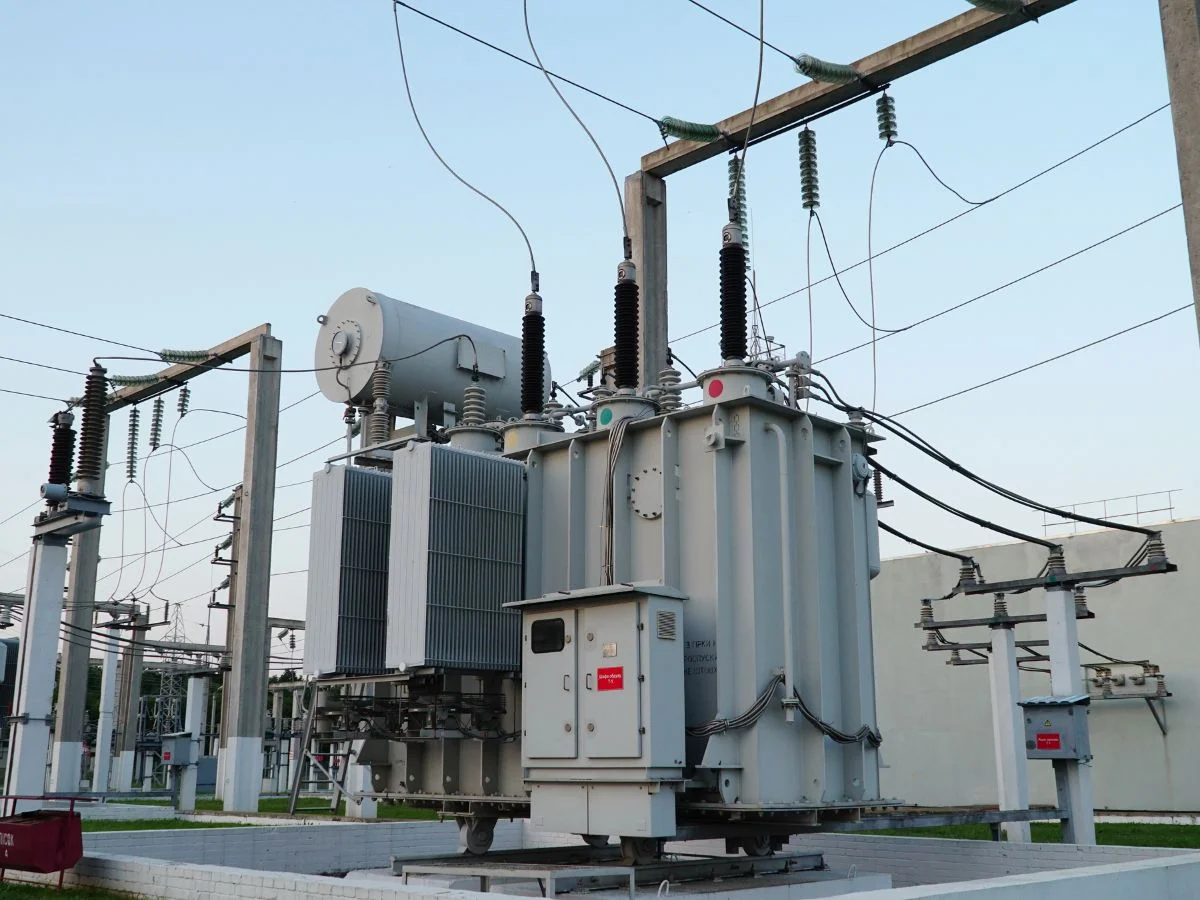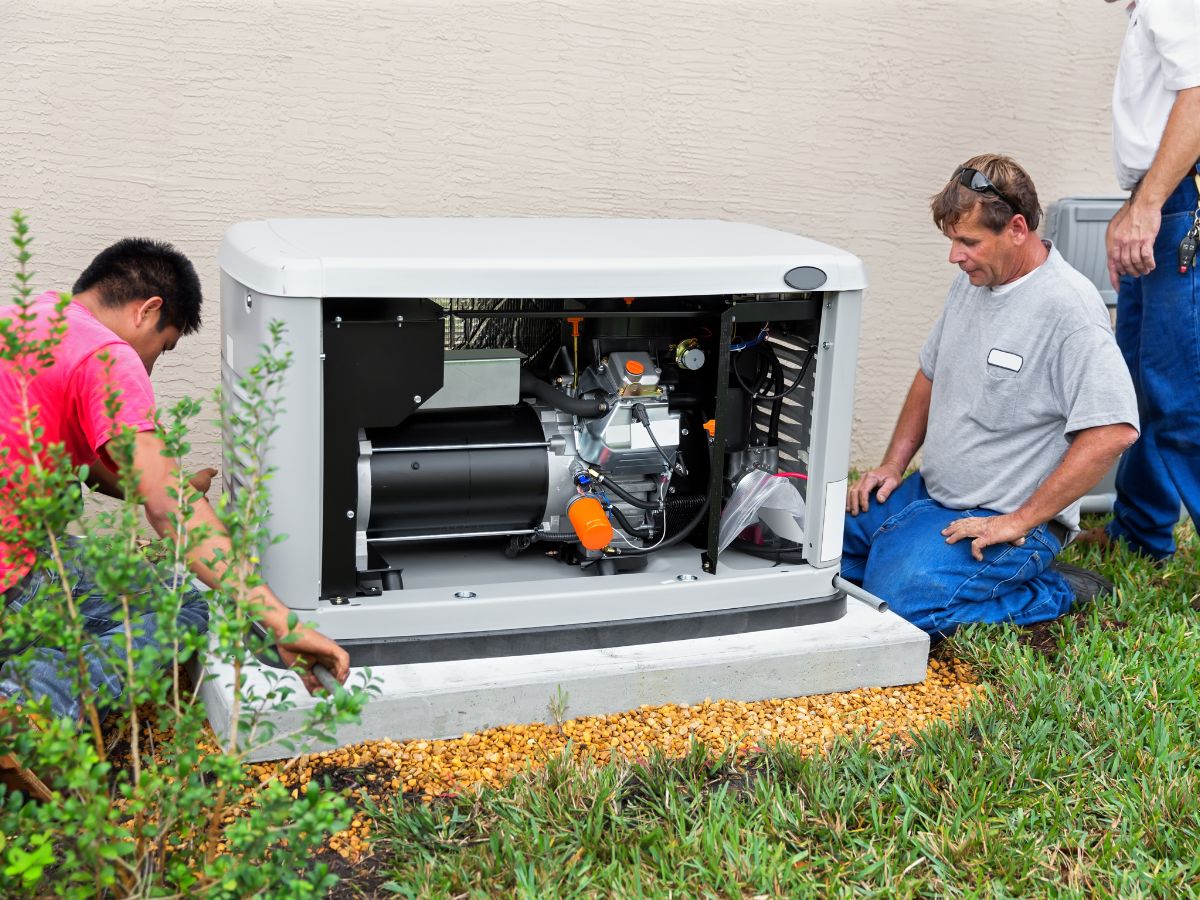Commercial Generator Size: Tips for Choosing the Right Generator Size for Your Needs
When it comes to ensuring an uninterrupted power supply for your commercial building, choosing the right generator size is crucial. The suitable commercial generator size will not only keep your business operations running smoothly during power outages but also prevent potential damage to appliances and equipment. In this blog, we will discuss the key factors to consider when sizing a commercial generator and provide valuable tips to help you make an informed decision.
Understanding the Importance of Commercial Generator Sizing
Sizing a commercial generator is not a one-size-fits-all process. Commercial buildings come in various sizes and have different power requirements. Choosing the wrong generator size can lead to inefficiencies, increased fuel consumption, and potential damage to the generator itself. To ensure that your commercial generator meets your needs, you must take into account several critical factors explained below:
Power Demand
The first step in commercial generator sizing is to assess your power demand. This involves calculating the total electrical load that your building requires to operate all necessary equipment and systems. Consider the lighting, HVAC, computers, and any specialized equipment your business relies on.
Peak vs. Continuous Load
It’s essential to differentiate between peak and continuous loads. While some equipment may have a continuous power requirement, others may have occasional peak demands. Ensure your generator can handle both types of loads without overloading.
Location
Your location and local climate can also affect commercial generator size. In regions with extreme weather conditions, your HVAC system might require more power to maintain a comfortable indoor environment during power outages.
Future Expansion
Think about the potential for business growth and expansion. Your generator should be able to accommodate increased power consumption needs as your business expands.
Emergency vs. Non-Emergency Loads
Differentiate between essential emergency loads (e.g., safety systems, lighting, refrigeration) and non-essential loads (e.g., office appliances). Ensure your generator prioritizes emergency loads.
Calculating Generator Size
Now that you understand the key factors involved in generator sizing, let’s delve into the process of calculating the right generator size for your commercial building. While there are different solutions for how to size a generator for a commercial building, one common approach is to use the square footage of your building as a starting point.
A general guideline suggests adding approximately 10W of power per square foot of space. For instance, if your commercial building has 10,000 square feet, you would need a generator with a capacity of 100,000 watts (or 100 kW). This is a simplified rule of thumb and doesn’t take into account the specific electrical loads, so it’s crucial to consult with a professional for a more accurate assessment.
To get a more precise generator size, you can follow these steps:
Conduct an Energy Audit
An energy audit involves monitoring your building’s power consumption for a specified period. This will help you determine the actual power requirements of your business. You can hire an energy professional to assist with this audit.
Consider Load Priority
Prioritize your electrical loads based on their importance. Emergency loads should take precedence during a power outage. Non-essential loads can be powered down temporarily to utilize generator capacity appropriately.
Factor in Startup Loads
Some equipment, like motors, may have a higher power draw when starting up. Ensure your generator can handle these startup loads without any issues.
Account for Future Expansion
As mentioned earlier, think about potential growth and increased power demands. Your generator should be able to accommodate these future needs.
Consult a Generator Specialist
Working with a generator specialist or an electrical engineer is highly recommended. They can perform load calculations and recommend the ideal commercial generator size for your specific requirements.
Additional Tips for Sizing a Commercial Generator
In addition to the above steps, consider the following tips to ensure you choose the right generator size for your commercial building:
Fuel Type
Determine the fuel source for your generator. Common options include diesel, natural gas, and propane. The availability of these fuels in your area can influence your choice.
Fuel Efficiency
Look for a generator that is fuel-efficient to reduce operating costs. Modern generators often come with features that optimize fuel consumption.
Noise Levels
Generators can be noisy, which can be disruptive in a commercial setting. Consider the noise levels of the generator and explore options for noise reduction.
Compliance and Regulations
Make sure your generator complies with local building codes and regulations. This may affect the installation and operation of your generator.
Regular Maintenance
Plan for regular maintenance to ensure your generator’s longevity and reliability. A well-maintained generator is more likely to perform well when needed.
Remote Monitoring
Invest in a generator that offers remote monitoring capabilities. This allows you to keep track of the generator’s performance and receive alerts in case of issues.
Choosing suitable a commercial generator size is a crucial decision that can impact the reliability of your business operations during power outages. Understanding your power demands, conducting an energy audit, and consulting with professionals are essential steps to determine the appropriate generator size. Generators are a significant investment, so it’s vital to make an informed choice. Taking into account factors like fuel type, fuel efficiency, noise levels, and compliance with regulations will help you select the ideal generator for your needs.
If you’re uncertain about generator sizing or need assistance in choosing the right generator for your commercial building, don’t hesitate to reach out to generator specialists in your area. They can provide expert guidance and ensure that your business remains powered even when the grid goes dark. When looking for commercial generators near you, consider contacting Florida Power Solutions, a trusted brand offering a range of options to suit your needs.




